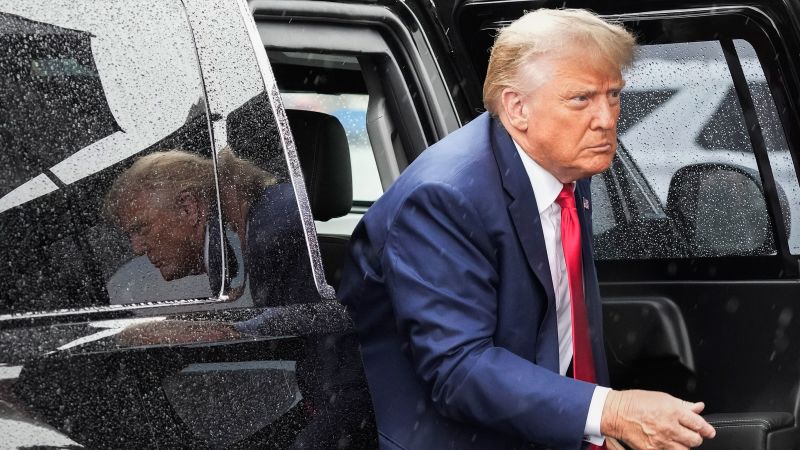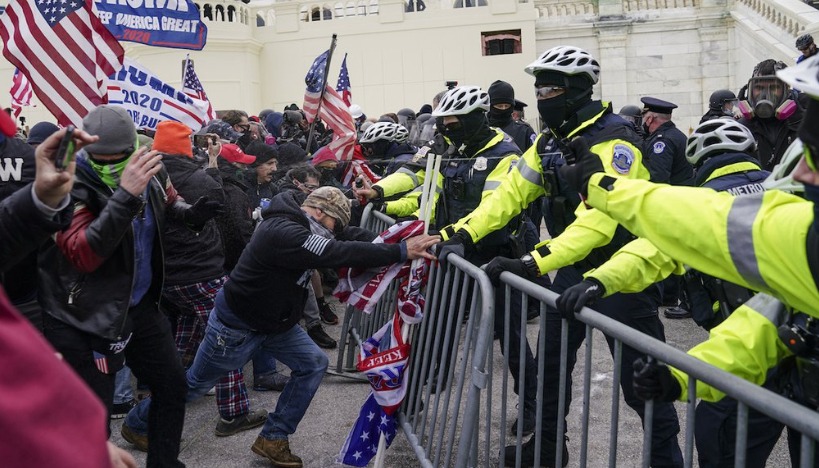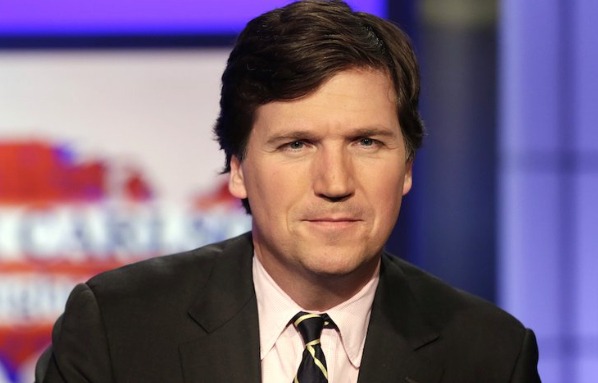US District Judge Sets Hearing for Protective Order in Special Counsel’s Case Against Trump
US District Judge Tanya Chutkan has scheduled a hearing for Friday at 10 a.m. ET to discuss the scope of a protective order in the special counsel’s election subversion case against former President Donald Trump. This hearing marks the first time Judge Chutkan will preside over the case, which has already garnered criticism from Trump supporters and increased security for the judge.
Timing of the Hearing
Judge Chutkan’s decision to schedule the hearing for Friday morning comes after Trump’s attorneys requested that the hearing be scheduled for early next week due to his busy legal calendar. However, it remains unclear what the Trump side meant by stating that they had “lost” Friday as an option.
Trump’s Presence at the Hearing
Judge Chutkan has clarified that Trump is not required to be present at the Friday hearing in Washington, DC.
Protective Orders and Gag Orders
Prosecutors in criminal cases often seek protective orders to prevent defendants from publicly discussing sensitive and confidential information produced during discovery. These orders are routine and aim to protect other individuals involved in the case, such as witnesses, from potential undue pressure. Unlike protective orders, which have a narrow scope, gag orders prevent defendants from publicly discussing a pending case. While less common due to constitutional concerns, gag orders are more frequently seen in high-profile cases.
Trump’s Legal Strategy
In a separate filing, Trump’s lawyers outlined their extensive plans to prepare for trial. They requested a lengthier time period before the trial, citing the complexity of the case. The Justice Department currently has a 70-day clock until the trial, but it is typical for additional time to be added to complex cases. Trump’s legal team provided examples of the amount of preparation they intend to undertake, including reviewing terabytes of electronic information, interviewing hundreds of witnesses, and sorting through a large volume of evidence collected by the Justice Department.
Stay Updated
This story has been updated with additional developments.
Friday Hearing Scheduled: Judge’s Decision on Protective Order in Trump’s Election Subversion Case
On Friday, a highly anticipated hearing is set to take place in the ongoing legal battle surrounding former President Donald Trump’s alleged subversion of the 2020 presidential election. The focus of this hearing will be the judge’s decision on a protective order, which will determine the level of confidentiality and access to evidence in the case.
The case, brought forth by a coalition of election officials, civil rights organizations, and concerned citizens, alleges that Donald Trump, along with his legal team and various supporters, engaged in a concerted effort to undermine the integrity of the election process. The plaintiffs argue that Trump’s actions, including baseless claims of widespread voter fraud and attempts to pressure state officials to overturn the election results, amounted to a subversion of democracy.
As the legal proceedings have unfolded, both sides have presented their arguments and evidence to support their respective claims. However, the issue of confidentiality and access to evidence has become a contentious point of contention. The plaintiffs argue that a protective order is necessary to safeguard sensitive information and prevent any potential interference or tampering. They contend that the case involves highly sensitive materials, including communications between Trump and his legal team, which, if made public prematurely, could compromise the integrity of the ongoing investigation.
Conversely, Trump’s legal team has vehemently opposed the implementation of a protective order, arguing that it would impede their ability to mount a robust defense. They claim that the plaintiffs’ request for confidentiality is merely an attempt to shield weak evidence from public scrutiny. Trump’s lawyers argue that transparency is crucial in this case, as it involves allegations of widespread election fraud that could have far-reaching implications for the American democratic process.
The judge presiding over the case now faces the challenging task of weighing the competing interests of confidentiality and transparency. The decision on the protective order will have significant implications for the trajectory of the legal proceedings and the public’s perception of the case. If the judge grants the protective order, it will likely limit public access to certain evidence and restrict the dissemination of sensitive information. On the other hand, if the judge denies the protective order, it could lead to a more open and transparent legal process, allowing the public to closely scrutinize the evidence presented by both sides.
The outcome of this hearing will undoubtedly shape the future of this high-profile case and potentially set a precedent for similar cases in the future. It will also have broader implications for the public’s trust in the electoral process and the accountability of public officials. As the nation eagerly awaits the judge’s decision, legal experts and concerned citizens alike are closely watching this pivotal moment in American democracy.
In conclusion, Friday’s hearing will determine the judge’s decision on a protective order in the Trump election subversion case. The decision will have far-reaching consequences for the confidentiality and transparency of the legal proceedings. As the nation grapples with the aftermath of the 2020 presidential election, this case serves as a critical test of the American democratic system’s resilience and ability to hold its leaders accountable.








